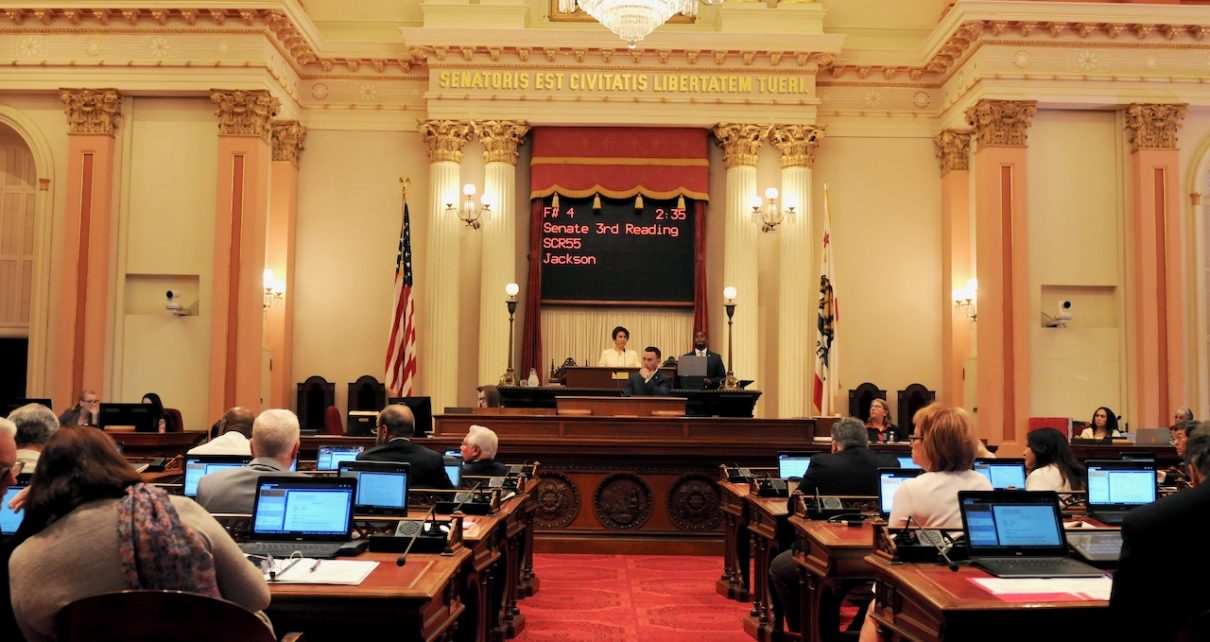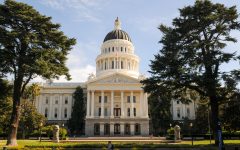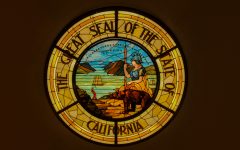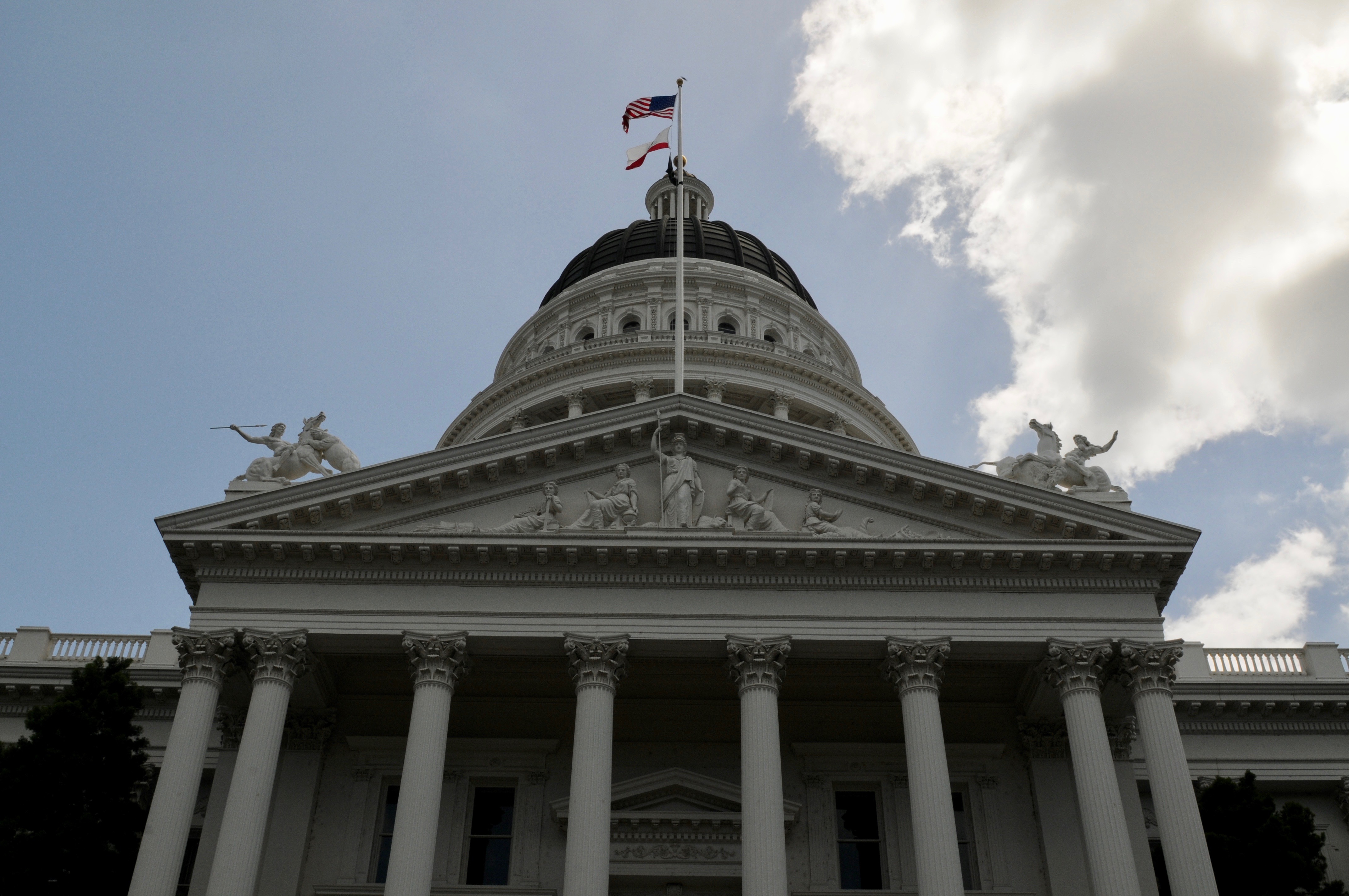
California State Senate. (Photo: Kevin Sanders for California Globe)
Auditing Under California’s Political Reform Act
The FPPC is required to promulgate regulations for local candidates and their controlled committees
By Chris Micheli, January 16, 2022 8:40 am
California’s Political Reform Act contains auditing requirements in Chapter 10 of Title 9, which includes Sections 90000 – 90009. Section 90000 requires the Franchise Tax Board to make audits and field investigations with respect to the following:
- Reports and statements filed with the Secretary of State.
- Local candidates and their controlled committees selected for audit.
Section 90001 requires audits and investigations to be made with respect to the reports and statements of the following:
- Each lobbying firm and each lobbyist employer who employs one or more lobbyists is to be subject to an audit on a random basis with these lobbying firms or lobbyist employers having a 25-percent chance of being audited.
- Each statewide, Supreme Court, court of appeal, or Board of Equalization candidate in a direct primary or general election for whom it is determined that $25,000 or more in contributions have been raised or $25,000 or more in expenditures have been made.
- Each candidate for the Legislature or superior court judge in a direct primary or general election shall be subject to audit by random selection if it is determined that $15,000 or more in contributions have been received or $15,000 or more in expenditures have been made.
- Each candidate for the Legislature in a special primary or special runoff election for whom it is determined that $15,000 or more in contributions have been raised or $15,000 or more in expenditures have been made.
- Each controlled committee of any candidate who is being audited.
- Each committee primarily supporting or opposing a candidate who is being audited if it is determined that the committee has expended more than $10,000.
- Each committee whose participation is primarily in support of or in opposition to a state measure or state measures if it is determined that the committee has expended more than $10,000 on such measure or measures.
- Each committee-controlled committee or a committee primarily supporting or opposing a state candidate or measure, if it is determined that the committee has raised or expended more than $10,000 supporting or opposing state candidates or state measures during any calendar year.
In addition, the Fair Political Practices Commission is required to promulgate regulations for local candidates and their controlled committees which provide a method of selection for these audits. With respect to candidates for the Board of Administration of the Public Employees’ Retirement System, the FPPC must promulgate regulations that provide a method for selection of these audits.
Section 90002 specified that the scope of audits and investigations is the following:
- Audits and investigations of lobbying firms and employers of lobbyists must be conducted biennially covering reports filed during the previous two-year period.
- For campaign statements or reports of a candidate, controlled committee, or committee primarily supporting or opposing a candidate, the audit or investigation must cover all campaign statements and reports filed for the primary and general election, or a special or runoff election.
- For campaign statements or reports of a committee primarily supporting or opposing a measure, the audit or investigation must cover all campaign statements and reports filed by the committee in connection with the measure.
- For all other committees, the audit or investigation must cover all campaign statements and reports filed during the previous two calendar years.
Section 90003 authorizes the Franchise Tax Board and the FPPC to make investigations and audits with respect to any reports or statements required by this title.
Section 90004 requires the Franchise Tax Board to periodically prepare reports, which must be sent to the FPPC, the Secretary of State, and the Attorney General. The Franchise Tax Board must complete its report of any audit conducted on a random basis within two years after the person or entity subject to the audit is selected by the FPPC to be audited.
Section 90005 prohibits a member, employee, or agent of the Franchise Tax Board or the FPPC from divulging or making known in any manner the particulars of any record, documents, or information that the individual receives by virtue of this chapter, except in furtherance of the work of the Franchise Tax Board or the FPPC or in connection with a court proceeding or the lawful investigation of any agency.
Section 90006 requires that audits and field investigations of candidates for Controller and members of the Board of Equalization and of committees supporting such candidates to be made by the FPPC instead of the Franchise Tax Board.
Section 90007 requires the FPPC to adopt auditing guidelines and standards which govern audits and field investigations. The guidelines and standards must be formulated to accomplish the following purposes:
- The audits should encourage compliance and detect violations of this title;
- The audits should be conducted with maximum efficiency in a cost-effective manner; and
- The audits should be as unobtrusive as possible consistent with the foregoing purposes.
In addition, in adopting its guidelines and standards, the FPPC must consider relevant guidelines and standards of the American Institute of Certified Public Accountants to the extent such guidelines and standards are applicable and consistent with the purposes set forth in this section.
Section 90008 expresses the intent of the Legislature that the people of California have timely access to information concerning the campaign contributions and expenditures of all committees, corporations, and individuals, and that this information be provided before the election, when it is relevant, in accordance with the requirements of this title. It is the further intent of the Legislature that the FPPC ensure that these disclosures are being made, and that this title be liberally construed and any judicial process be expedited to achieve this purpose.
In addition, Section 90008 specifies that the FPPC, and the Franchise Tax Board at the direction of the FPPC, may audit any record required to be maintained under this title to ensure compliance with this title prior to an election, even if the record is a report or statement that has not yet been filed.
Section 90009 provides that the FPPC may seek injunctive relief in a superior court to compel disclosure consistent with this title. In addition, a court is required to grant expedited review to an action filed pursuant to this section as follows:
- Death Deeds in California - February 27, 2026
- Sources of Law - February 26, 2026
- Commercial Fishing - February 26, 2026





2 thoughts on “Auditing Under California’s Political Reform Act”